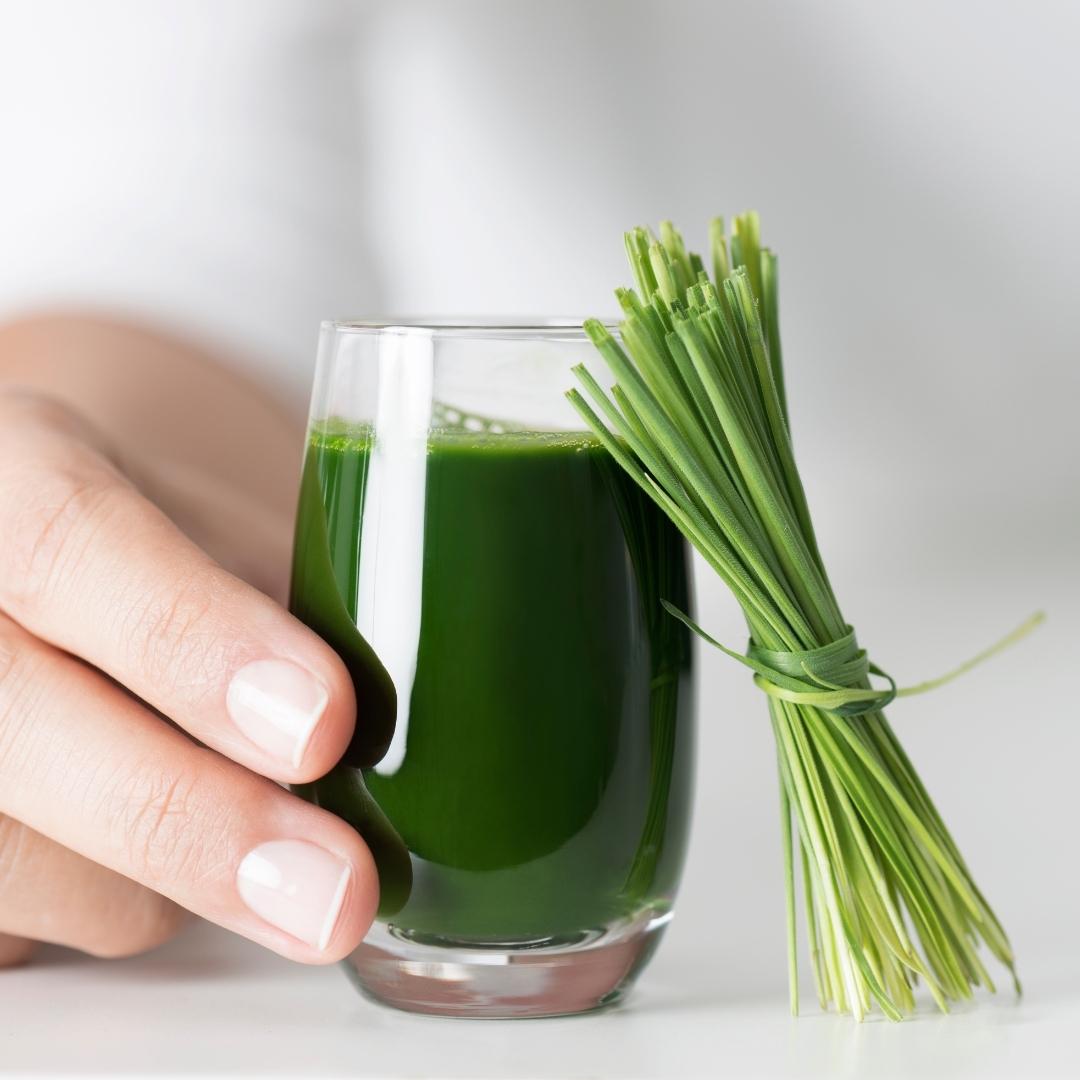
Magnesium, essential for your health and well-being
Magnesium is essential for your health and well-being. Unparalleled relaxing mineral for the whole body, it will charm both stressed people and athletes.
For so long, the importance and benefits of getting enough magnesium for optimal health and well-being have been known. We often hear that magnesium is necessary for more than 300 biochemical reactions. Impressive, right? But what does that mean? And what happens if you don't have enough?
Magnesium allows your body's biochemical reaction
In order to function properly, the body must constantly react and adapt to its environment. It must also produce energy, digest, regenerate, move and, well, live. To accomplish all these actions, it takes more than just a snap of fingers! The body must implement biochemical reactions.
The biochemical reaction is determined as the transformation of a substance inside a living organism. To achieve this, the body first needs enzymes that act as a catalyst. Also, the body needs several other molecules, often nutrients like magnesium. Without them, the reaction cannot happen.
The ultimate goal of the biochemical reaction is the accomplishment of all those actions which enable us to live.
Without all the necessary nutrients, the biochemical reaction simply cannot be accomplished. As a result, the body demonstrates manifestations of imbalance that are sometimes subtle, other times disturbing. Luckily, it will prioritize vital reactions first, like heart contractions!
Biochemical reactions involving magnesium
Being so in demand throughout the body, magnesium must be provided via diet or supplements in sufficient quantities.
There are approximately 300 biochemical reactions for which the involvement of magnesium is essential. And no, the list will not be drawn up here! Without wanting to diminish the importance of the other reactions, let's underline the major role of magnesium in relaxation.
Magnesium, a natural relaxant for the whole body
The most obvious effects of magnesium are on the muscular and nervous systems. Muscle cramps, poor sleep, fatigue, stress, and even constipation and menstrual pain are all symptoms that can be diminished by taking magnesium daily, if they are not related to another health condition.
If you are going through a period of stress or fatigue or if you are an athletic person, consider magnesium supplementation. Of course, food gives you a certain amount, but is it enough?
In case of stress or during sports training, the body uses a lot of magnesium to maintain its balance and ensure proper functioning. The intake must however be sustained to make sure you always have enough. If the situation is maintained, so if the stress becomes chronic or if you are regular training, the use of the mineral continues. Unfortunately, if your needs surpass your intake, the balance breaks down and the functioning of the systems is no longer optimal. A regular and sufficient intake of magnesium is a simple and inexpensive way to try to improve your daily well-being.
Quick tip: Epsom gel is actually a magnesium solution. Cramps, tensions and muscle pain can, in some cases, be effectively relieved if you apply it locally.
Could magnesium help with constipation?
If you suffer from constipation, trying magnesium for relief is a good option to consider. As mentioned above, magnesium is great at promoting relaxation, both muscular and nervous. The intestine is made up of muscles and nerves. If these don't benefit from the calming effects of magnesium, the movement cannot be done properly. Consequence, everything remains stuck and constipation sets in.
But, if you already eat healthy foods like fruits and vegetables and foods high in fiber, if you already drink enough water and if you do everything possible to avoid it, unfortunately without success, try magnesium! Of course, several health factors can cause constipation and should require the attention of a health professional before trying a magnesium supplementation.
Food sources of magnesium
Good news, magnesium is found in many foods. If your diet is rich in all of these, you might not need a supplement. But since it's different for everyone, it's up to you to judge.
However, it is important to mention that the body does not store magnesium. It uses what it needs when the time comes and eliminates the rest. If you rely solely on your diet to ensure your magnesium intake, you must be very consistant. The lack is easy because the use is great.
What to eat?
Here is a non-exhaustive list of foods to consider for their magnesium value.
- Nuts and seeds, mainly pumpkin seeds, Brazil nuts and almonds.
- Legumes
- Cereal grains, the least processed possible
- Green vegetables, mainly leafy ones like spinach
- Root vegetables, like potatoes and beets
- Dark chocolate
Magnesium is a mineral, which means that cooking will not alter it as it does with vitamins. On the other hand, the principle of osmosis applies. If you boil potatoes for example, the cooking water that is less mineralized than the vegetable will take advantage of the osmosis phenomenon to enrich itself, depriving the potato. Adding a few pinches of salt to the water before cooking your vegetables in it will help limit mineral diffusion.
Magnesium supplementation to meet your daily needs
In order to have a little more freedom in regards to what's on your plate without suffering from a lack of magnesium, supplements are a great option.
Which magnesium supplement to choose?
Check the concentration and assess your needs, this is the place to start.
Some formulas have the advantage of containing a many other nutrients supporting the assimilation of magnesium. But if magnesium isn't concentrated enough for your needs, go ahead with a more concentrated supplement, but be sure to support its absorption with the right nutrients.
You should also know that some people will experience diarrhea if they consume too much magnesium or if their body absorbs it poorly for some reason. Remember that your body eliminates excess magnesium!
Need advice? We are here for you! Our naturopaths have an excellent knowledge of the formulas available on the market. Feel free to contact them.

2 comments
La posologie d’un supplément dépend grandement des besoins de chacun. Nous vous invitons à contacter un de nos naturopahtes afin d’avoir plus d’informations précises à ce sujet. Merci pour votre commentaire !
J’ai bien aimé les renseignements au sujet du POTASSIUM . Merci
Je prends un comprimé de 500mg.par jour,j’espère que c’est assez!